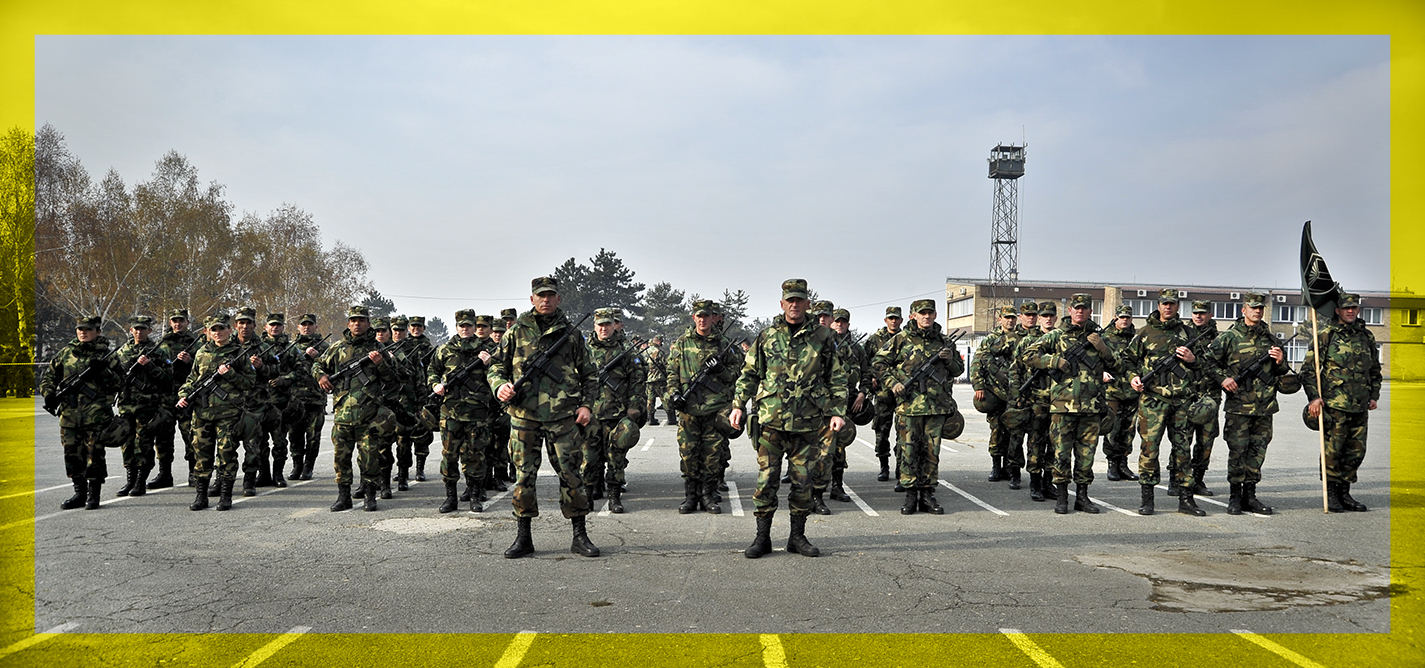
Kosovo’s army’s uncertain path
Hashim Thaci’s game is more likely to trigger elections in Kosovo than to transform KSF into Kosovo’s army this year.
Nowhere in the Constitution does it say that the KSF is a protector of Kosovo’s territory. And such a mandate is not even proposed for Kosovo’s army in the bill put forward by the president’s office.
U.S. supplies for KSF (2015)
$105,107
EOD equipment (1).
$17,761
Equipment for servicing and calibrating EOD equipment.
$109,435
Medical equipment for trauma treatment.
$1,603
Kit bag flyers.
$1,988
Military bags.
$52,553
EOD equipment (2).
$195,786
Demining equipment.
$869
Medicinal equipment for trauma treatment.
From NATO’s Trust Fund: Search and rescue equipment - $28,959.
There is no force that can block the establishment of Kosovo’s Armed Forces."

Leonora Aliu
Leonora Aliu is a former K2.0 journalist (2017-18). She studied journalism at the University of Prishtina.
DISCLAIMERThe views of the writer do not necessarily reflect the views of Kosovo 2.0.
This story was originally written in Albanian.